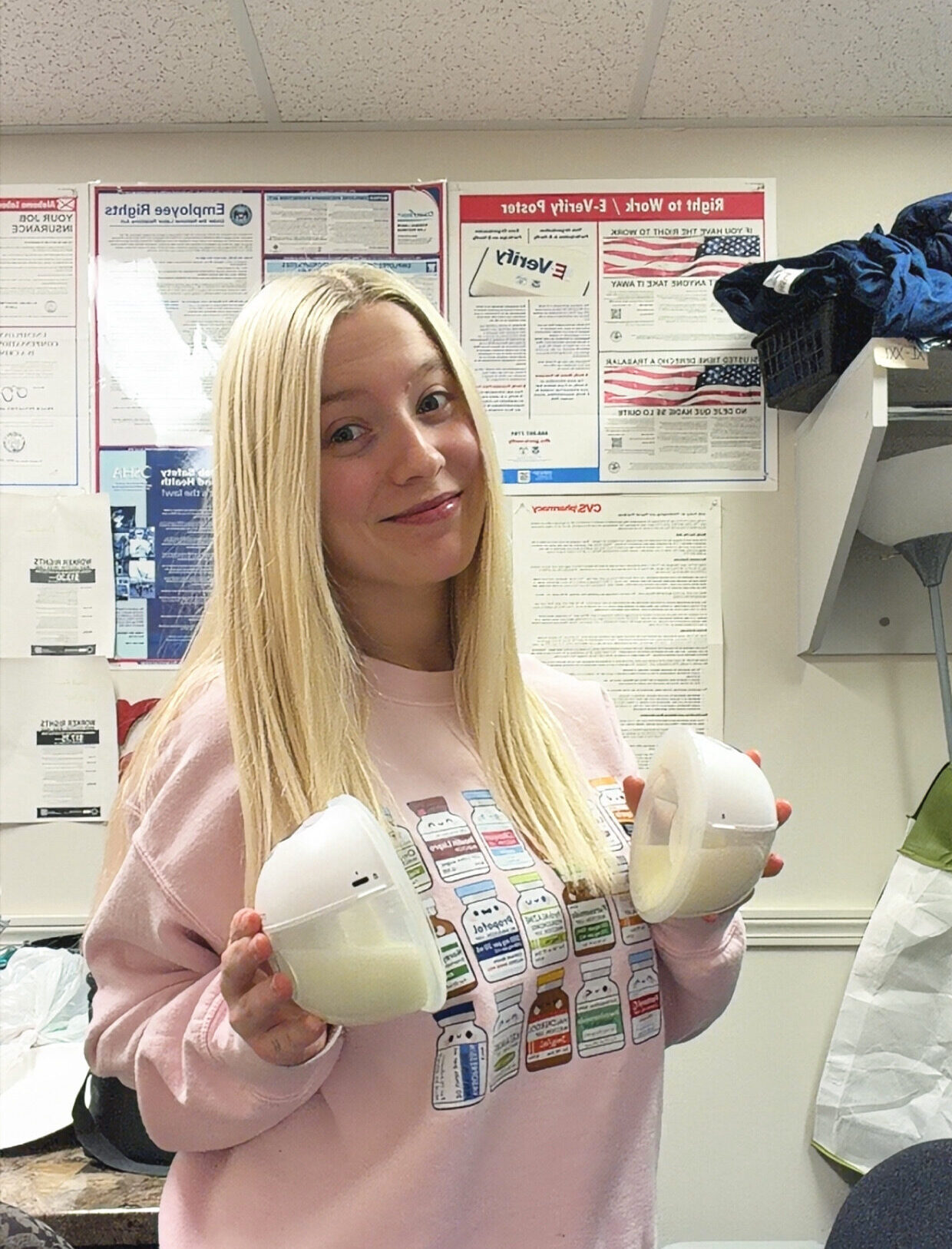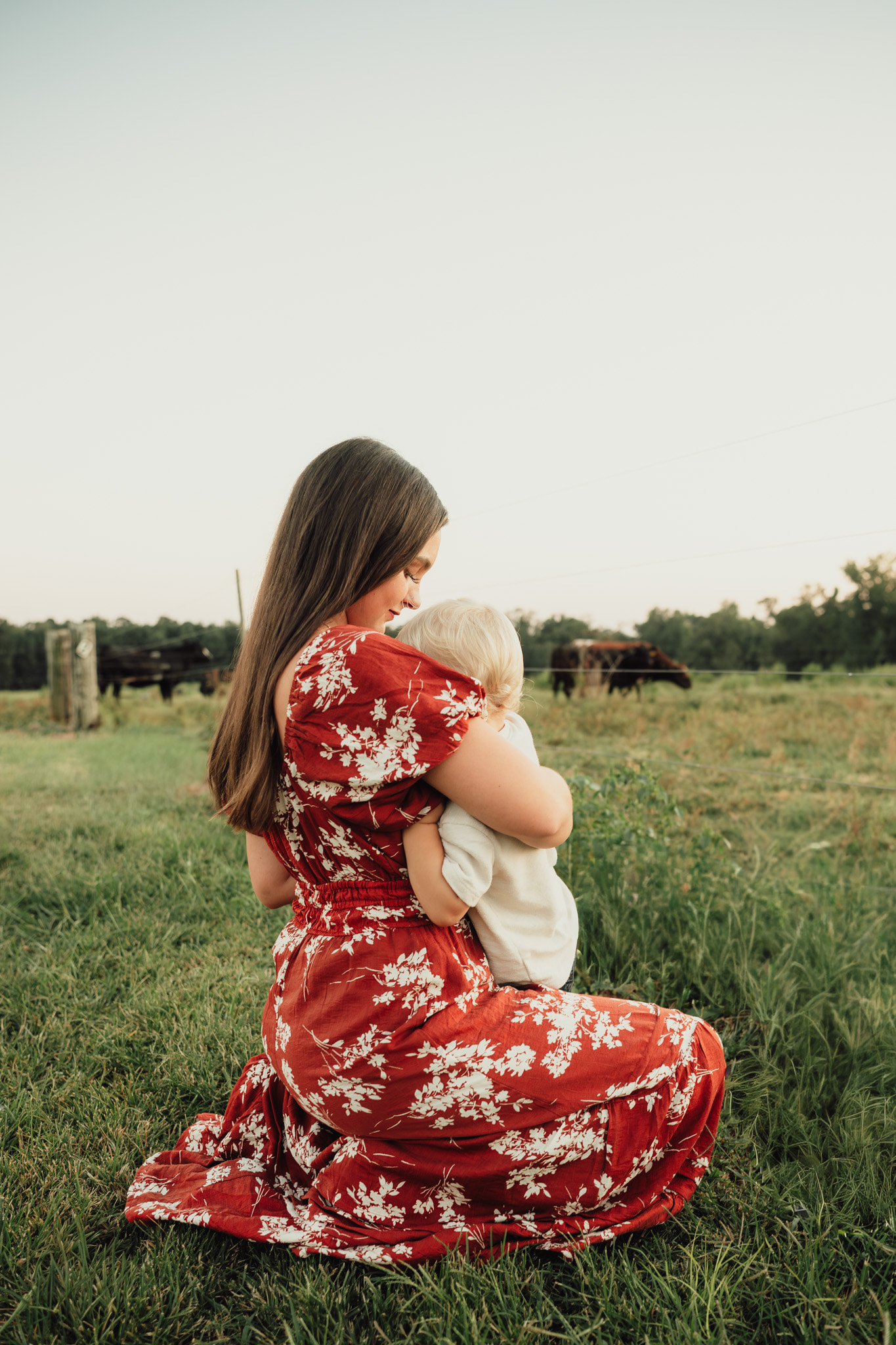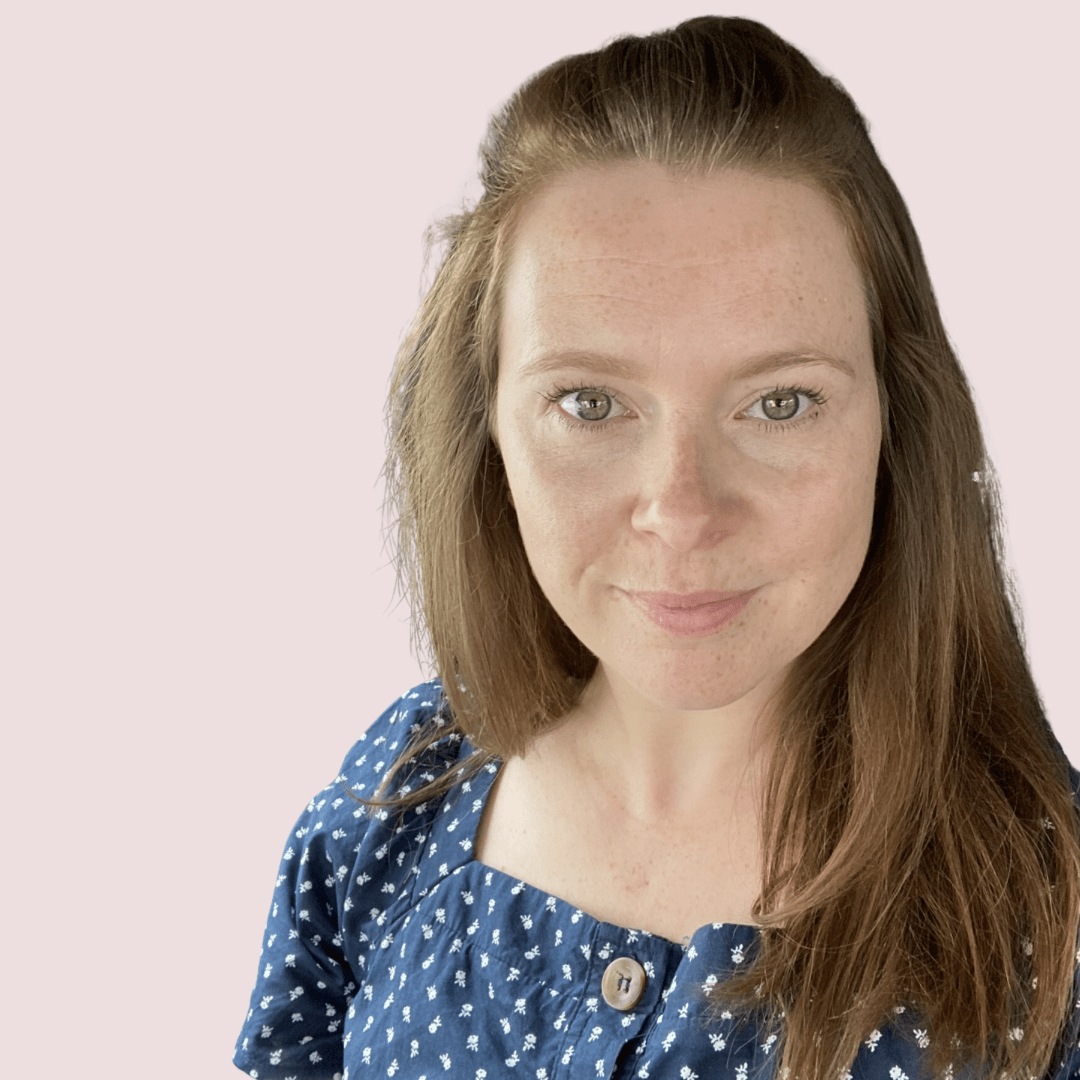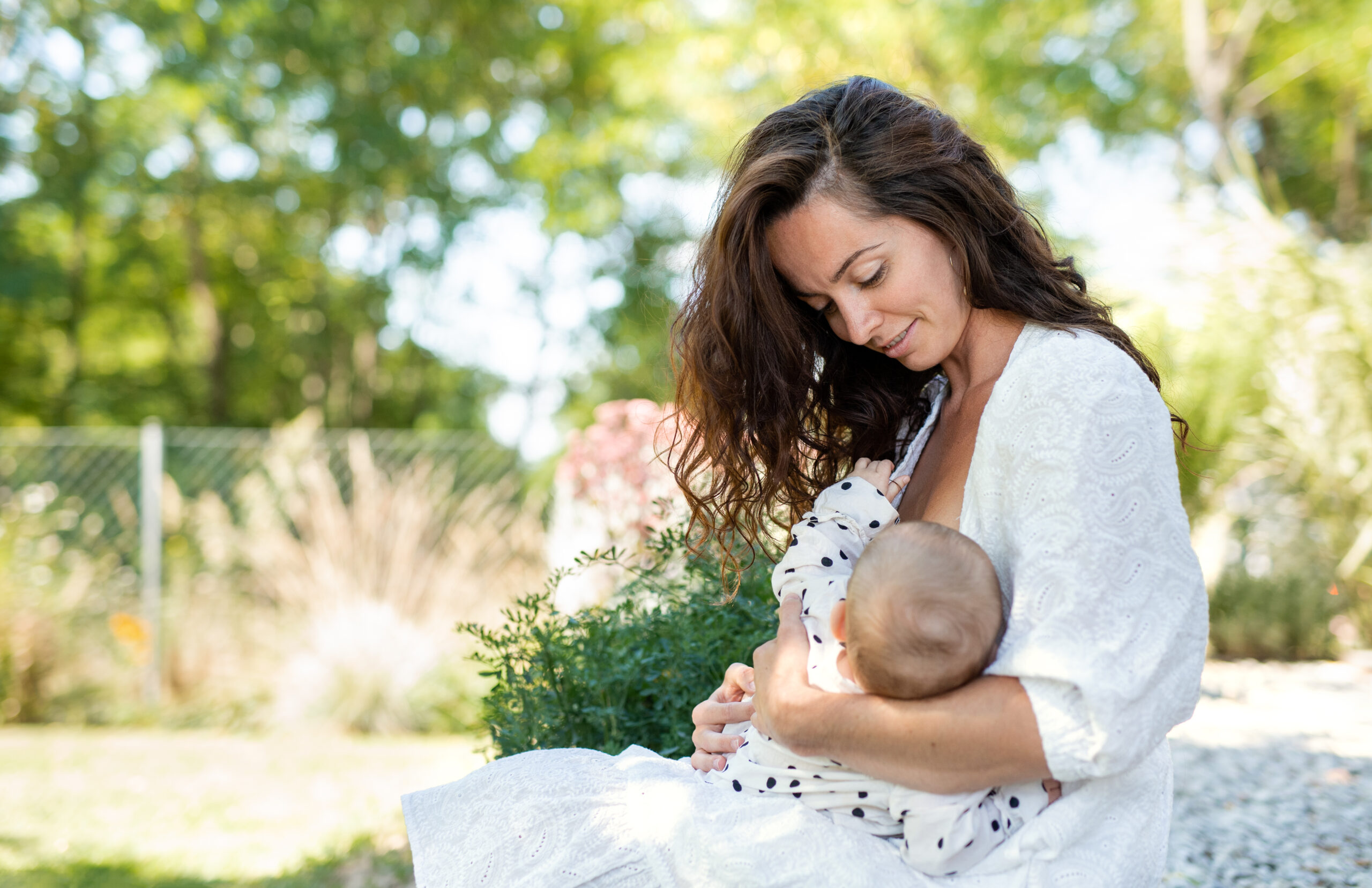The HSE has dropped a target to increase breastfeeding rates by 2 percentage points per year.
The health service has consistently missed most of its breastfeeding targets over a period of several years. The number of women breastfeeding is increasing, but has not increased fast enough to hit the HSE’s goals.
The 2016-2021 breastfeeding strategy, Breastfeeding in a Healthy Ireland, had as its “overall target” an “annual 2% increase in breastfeeding duration rates between 2016 and 2021 (exclusive and not exclusive)”.
The strategy was extended by two years, but three of the four breastfeeding targets set out in the HSE’s Performance Assurance Reports for 2022 and for the first six months of 2023 did not continue to increase in line with the strategy’s goal.
The strategy has now expired and it has not yet been replaced.
Even though three of the four breastfeeding targets were not tightened last year or the year before, they continued to be missed, according to the most recent data.
As of June 2023, just under 62% of babies were breastfed (exclusively and non-exclusively) at the time of the first public health nurse visit a few days after birth, short of the target of 64% in place since 2021.
By three months, this has fallen to 43%, falling short of a target of 46% also in place since 2021.
The only 2021 target which has since been raised in line with the strategy was the target for exclusive breastfeeding at three months. As of June 2023, almost 32% of babies were exclusively breastfed at three months.
Liz O’Sullivan, a lecturer at TU Dublin specialising in maternal and infant nutrition, said having a national breastfeeding strategy mattered because it ensured accountability.
“We need a policy, an action plan, something in date and someone responsible for it so someone is answerable,” O’Sullivan said.
Ireland has one of the world’s lowest rates of breastfeeding; 83% of babies in the US and 94% in Sweden are breastfed at birth.
Breastfeeding lowers babies’ risk of developing infection, and of developing obesity in later life, and lowers mothers’ risk of breast cancer. A small proportion of women cannot breastfeed or cannot breastfeed exclusively, while others choose not to do so.
Research published by TU Dublin and campaign group Bainne Beatha in 2022 pointed to a lack of expert help in the first week of babies’ life as a key barrier to breastfeeding, with formula often offered as a solution to breastfeeding problems rather than breastfeeding support.
The HSE said it was reviewing progress against the breastfeeding strategy and would continue to work on any outstanding actions needed under it.
“The number of babies breastfed is increasing in Ireland with the latest full-year data highlighting a 7.7 increase in the number of babies breastfed at the first PHN visit in the past seven years,” the HSE said.
It added that there had been a 7.4 point increase in babies breastfed at three months over the same period.
This article was first published here. You can read the original article in full here.



















